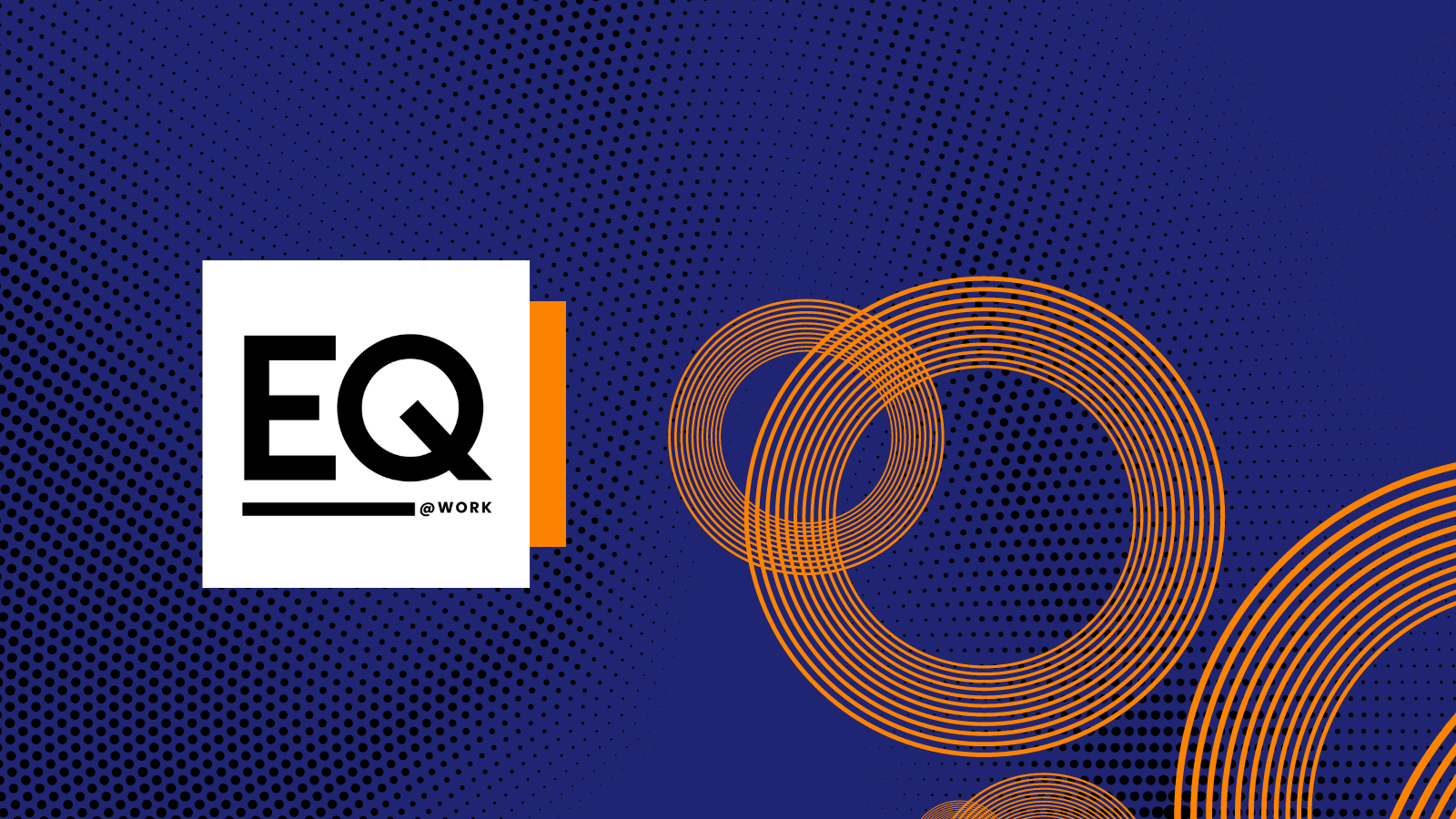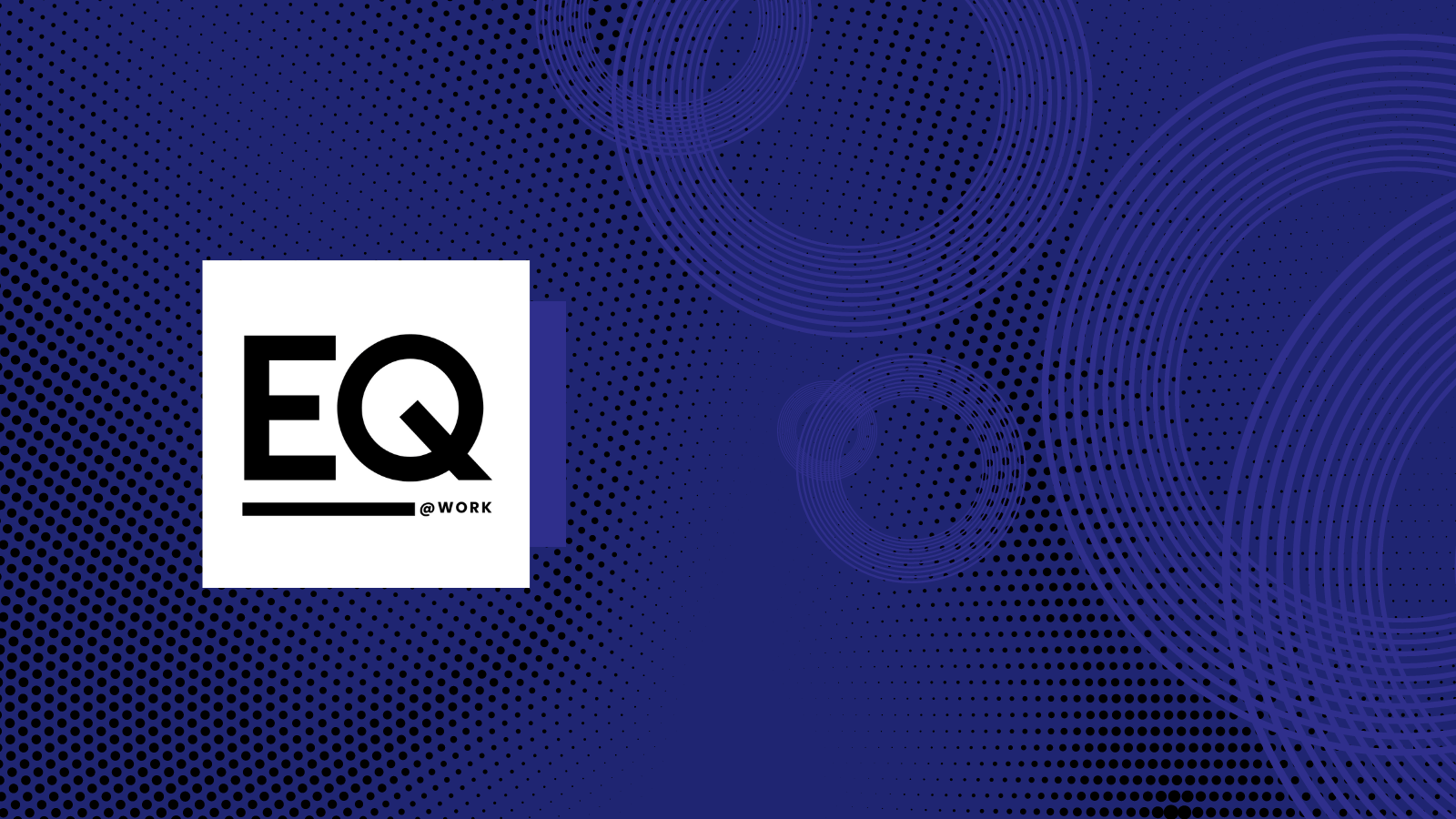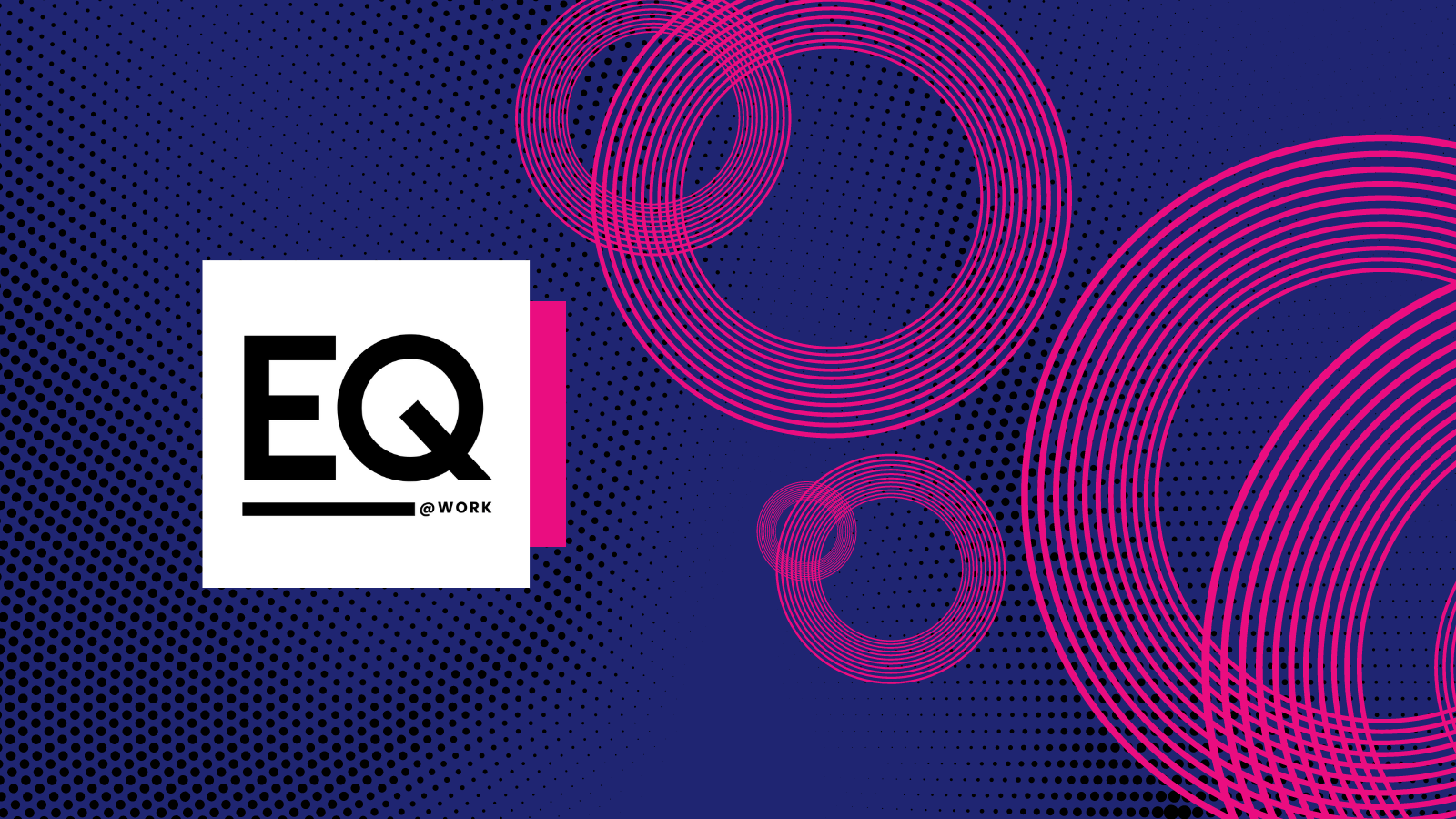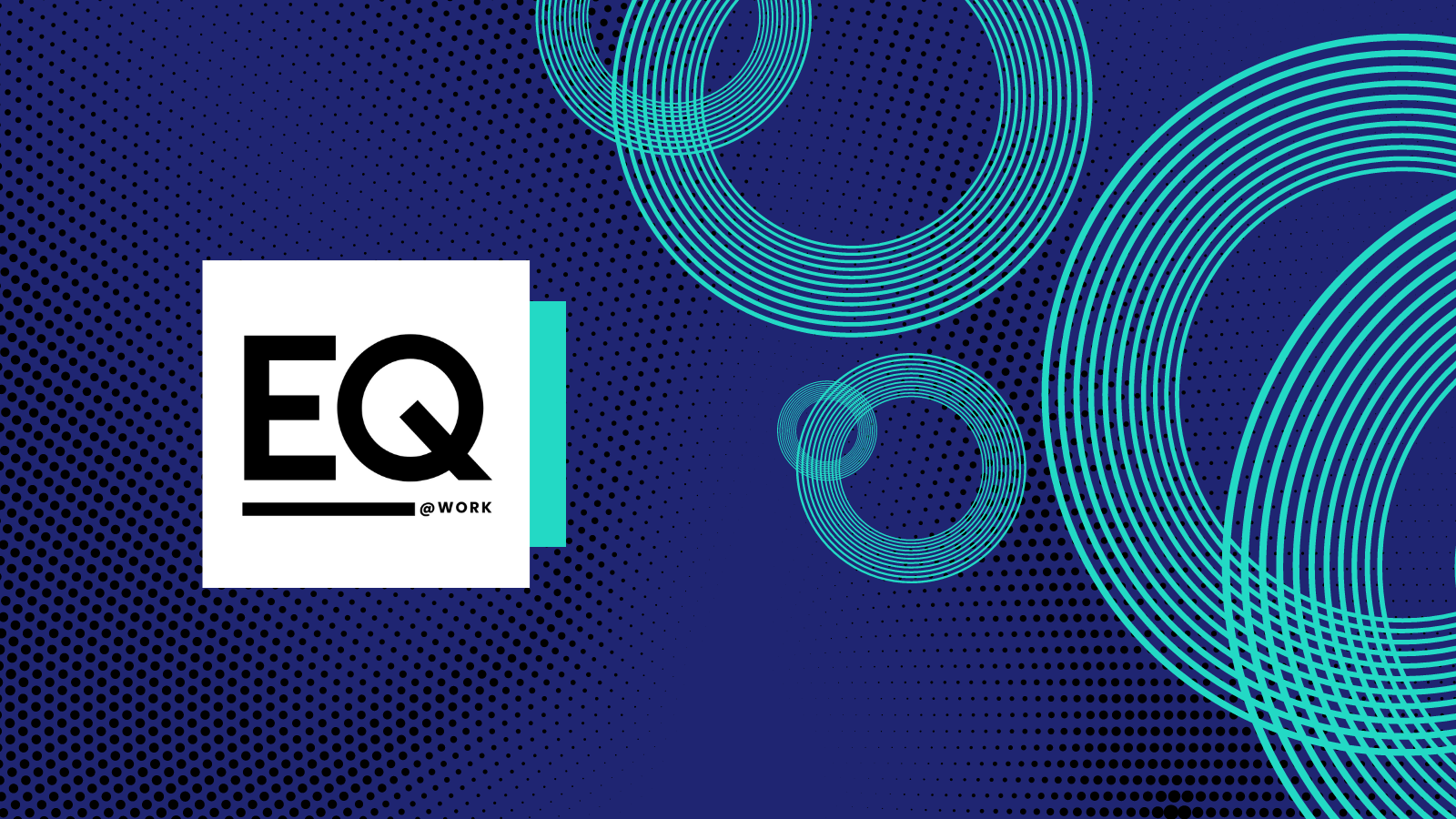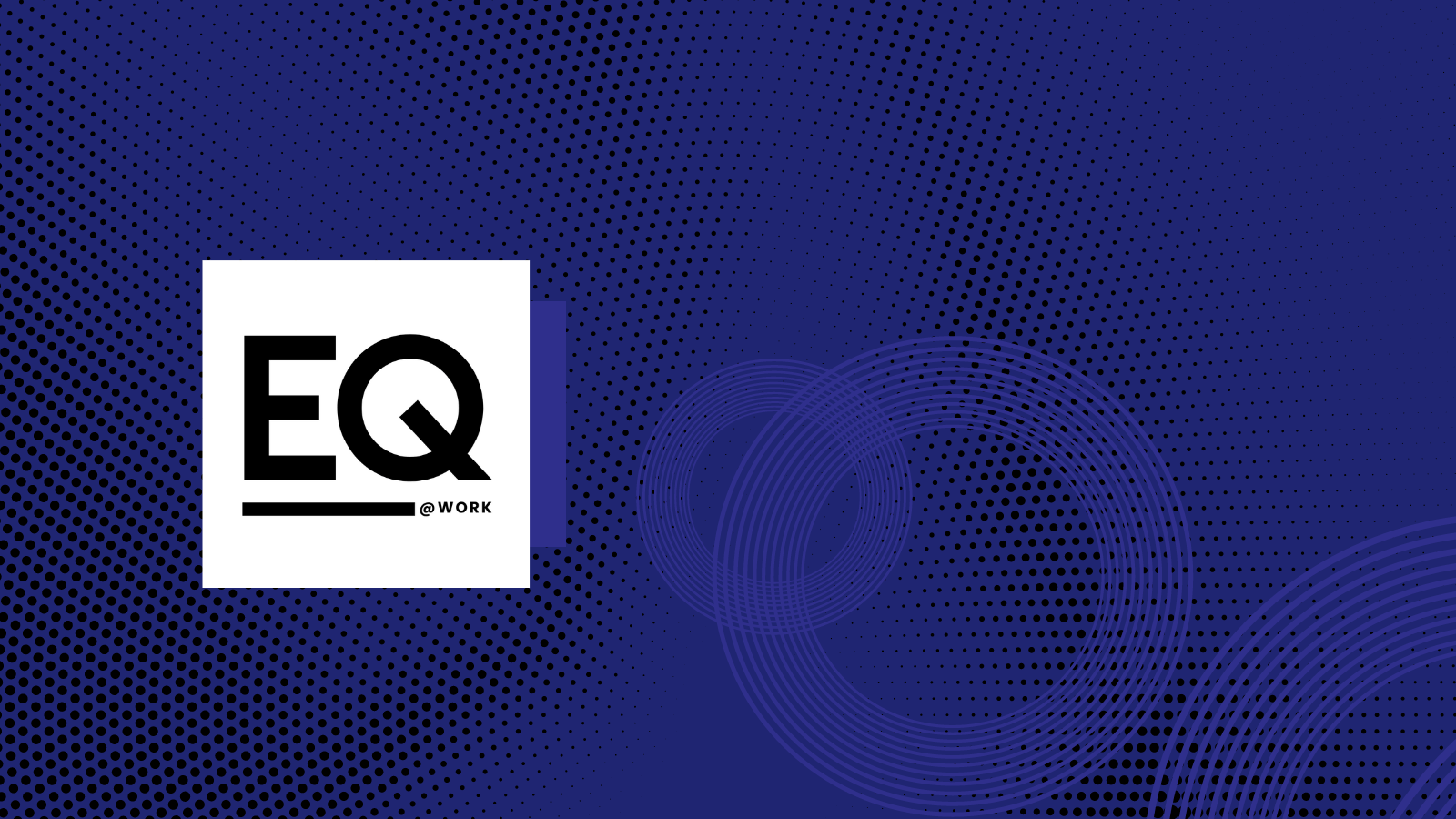The 5 Factors Causing the Post-Pandemic Slump (Hint: It’s Not Your Fault)
By Gretchen Fox Palmer, CEO of MTO Agency and Creator of EQ @Work
Employees today are facing unprecedented levels of stress, uncertainty, and burnout, exacerbated by the COVID-19 pandemic and the blurring of work-life boundaries. The shift to remote and hybrid work models has introduced communication challenges and feelings of isolation. Moreover, the post-pandemic world is marked by intense socio-political tensions, making cultural sensitivity and emotional intelligence more crucial than ever.
The modern workplace demands more than just technical skills. Employees need support in developing social-emotional skills to navigate complex interpersonal dynamics, manage stress, and foster resilience. These skills not only enhance individual well-being but also improve interpersonal relationships and contribute to a more resilient and adaptive organization.
1. Increased Stress and Anxiety
- Heightened Uncertainty: The COVID-19 pandemic created that now-annoying outcome of “unprecedented” uncertainty in both personal and professional lives. Employees are facing increased anxiety over health, job security, and the future.
- Burnout and Overload: The shift to remote work and the blurring of boundaries between work and personal life have led to increased burnout.
2. Complex Social and Political Environment
- Socio-Political Tensions: The post-pandemic world is marked by intense socio-political tensions, from racial and social justice movements to political polarization. Employees are navigating these issues in the workplace, which can lead to conflict or discomfort.
- Cultural Sensitivity: As workplaces become more diverse, cultural sensitivity and emotional intelligence differences can heighten misunderstandings and create fraught conversations.
3. Remote and Hybrid Work Challenges
- Communication Gaps: Remote and hybrid work models have created communication challenges, with the lack of face-to-face interactions leading to misunderstandings and feelings of isolation.
- Isolation and Loneliness: Many employees are experiencing isolation due to remote work.
4. Always-On Work Culture
- 24/7 Connectivity: The expectation to be always available, driven by digital communication tools, can lead to stress and work-life imbalance.
- Need for Capacity Management: In an always-on culture, capacity management and emotional self-care are critical. Employees need to learn how to manage their inner critic, take breaks, and practice self-care to sustain their mental and emotional health over the long term.
5. Evolving Workplace Expectations
- Demand for Authentic Leadership: Modern employees increasingly value authentic, emotionally intelligent leadership.
- Focus on Employee Well-being: Employees have become more intolerant of work cultures that do not understand the direct link between their well-being and their productivity and drive.
Social-emotional skills are the missing link because they provide the tools employees need to cope with the complex and demanding realities of the modern workplace. These skills enhance individual well-being, improve interpersonal relationships, and create a more resilient, adaptive, and successful organization.
Want to keep learning, I recommend reading this next: Why CEOs Fail to Recognize the Culture Problem
Or skip to learn about the step-by-step EQ @Work blueprint to: Inspire Performance in the Post-Pandemic Workplace by:
- Increasing Employee Capacity & Resilience
- Improving Productivity
- Reducing Problematic Behaviors

